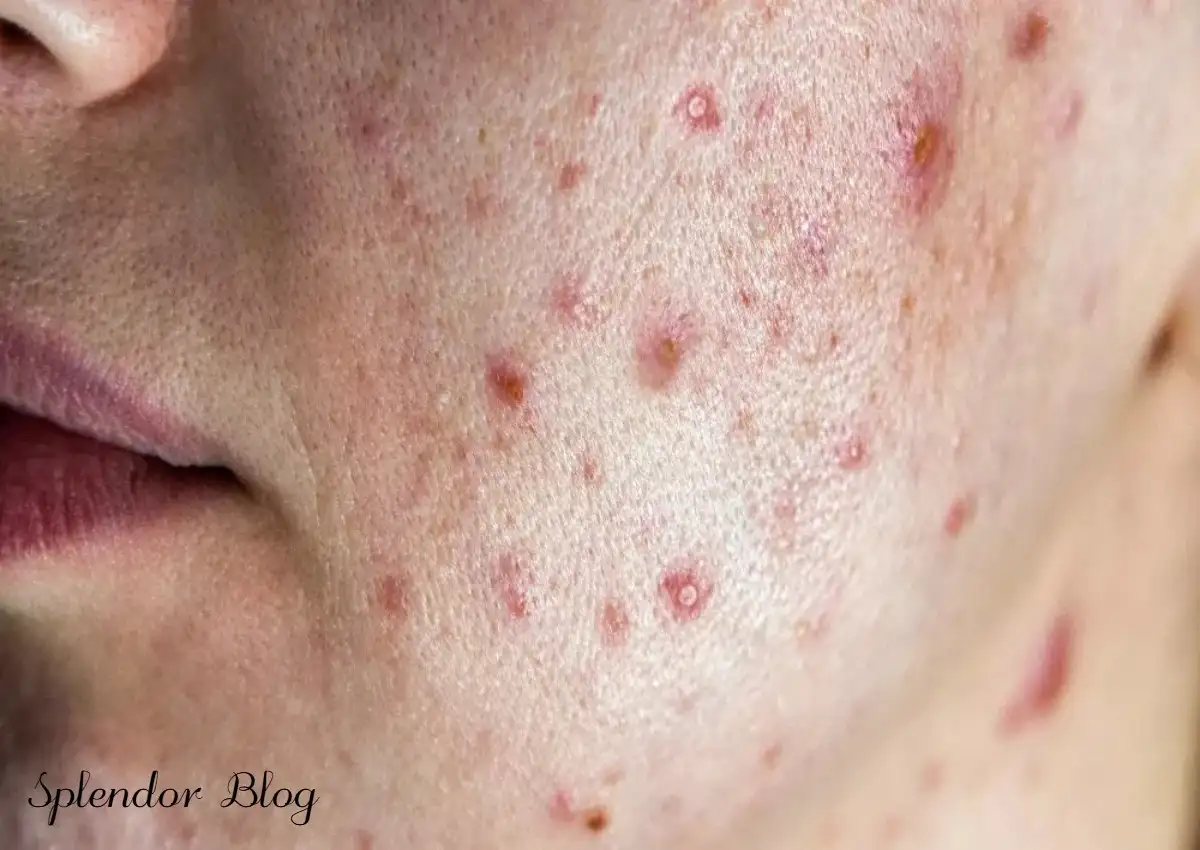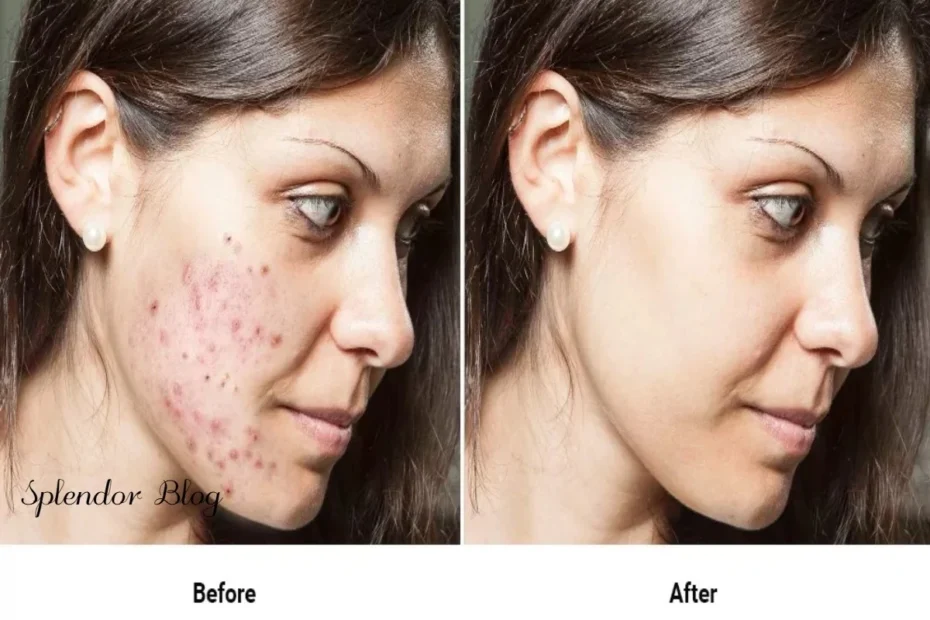When it comes to managing severe acne, Accutane Endicia has emerged as a term frequently searched online. Whether you’re a skincare enthusiast or someone battling persistent acne, this guide will provide a detailed understanding of Accutane Endicia, its potential benefits, side effects, and key considerations.
In this article, we’ll explore everything you need to know about Accutane Endicia, from how it works and its benefits to managing your skin post-treatment. Whether you’re considering Accutane or want to maintain your results, this guide has you covered.
What Is Accutane Endicia?
Accutane (Isotretinoin) is a powerful prescription medication used to treat severe or cystic acne that hasn’t responded to other treatments. “Endicia” in this context often refers to the extended aspects of the Accutane journey, including results, long-term effects, and overall skin health maintenance post-treatment.
Many individuals searching for “Accutane Endicia” are likely seeking information on:
- How Accutane works
- Results after completing the course
- Tips for skincare post-Accutane treatment
How Does Accutane Work?
Accutane works by reducing the size of sebaceous (oil) glands in your skin and decreasing oil production, which is a primary cause of acne. This also helps prevent clogged pores and reduces inflammation.
The Accutane Treatment Journey
- Initial Phase:
- Results may take 6-8 weeks to appear.
- Some individuals experience a temporary acne flare-up.
- Mid-Treatment:
- Noticeable reduction in breakouts.
- The skin may feel drier due to reduced oil production.
- Post-Treatment (Endicia):
- Clearer skin with a significant reduction in cystic acne.
- Maintenance becomes key for preserving results.
Potential Side Effects of Accutane
Like any medication, Accutane comes with potential side effects. Some common ones include:
- Dryness of skin, lips, and eyes
- Increased sensitivity to sunlight
- Mild joint pain
- Mood changes (rare but notable)
Always consult with a dermatologist before starting Accutane and report any side effects immediately.

-Splendor Blog-
Skincare Post-Accutane (Endicia Phase)
Once you’ve completed your Accutane treatment, maintaining your skin health is crucial. Here’s how:
- Hydration is Key:
Use non-comedogenic moisturizers to maintain hydration. - Sun Protection:
Apply a broad-spectrum SPF daily to prevent UV damage. - Gentle Skincare:
Opt for mild cleansers and avoid harsh exfoliants. - Regular Follow-ups:
Schedule dermatologist appointments to monitor your skin.
Accutane Endicia and Lifestyle Changes
To maximize the benefits of Accutane and ensure lasting results, consider the following:
- A healthy diet is rich in vitamins A and E.
- Adequate water intake for hydration.
- Avoid excessive makeup that may clog pores.
FAQs About Accutane Endicia
Q: How long does Accutane treatment last?
A: A typical course ranges from 4 to 6 months, depending on the severity of the acne.
Q: Can acne return after completing Accutane?
A: While Accutane significantly reduces acne, maintenance skincare is crucial to prevent minor breakouts.
Q: Is Accutane safe?
A: Yes, under a dermatologist’s supervision. However, it’s not recommended for pregnant women due to potential risks.
Final Thoughts
Accutane Endicia represents the transformative end-stage of an acne treatment journey. With patience, dedication, and the right skincare practices, long-lasting clear skin is possible. Always prioritize professional advice and monitor your progress for the best results.
If you’ve been considering Accutane or are navigating the post-treatment phase, consult with a licensed dermatologist for personalized guidance. Visit our website, Splendorblog, for more updates.
